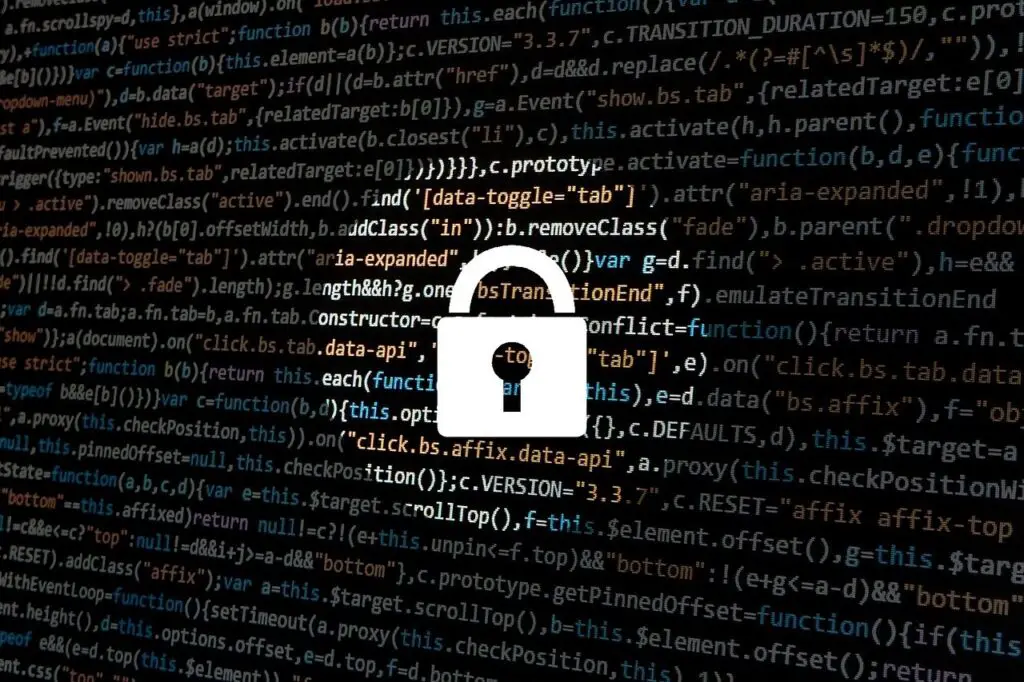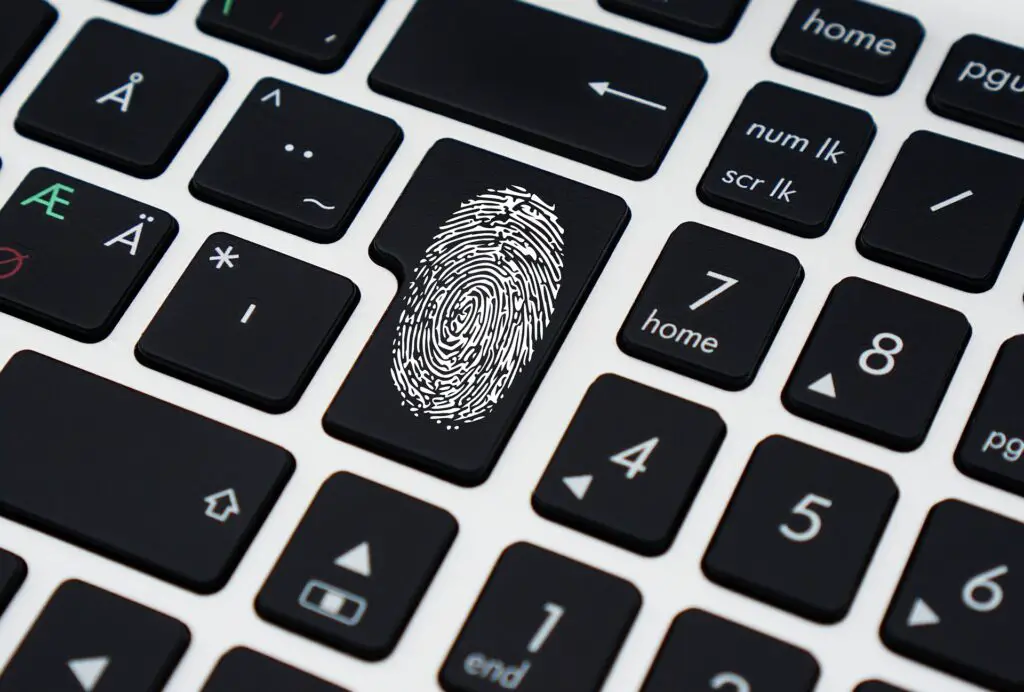9 Best Practices for Call Center Security
published – Feb 27th 2023
Security breaches, cyber attacks, and data leaks are nothing new. They date back to 2005 when three major data breaches happened in quick succession. That year, hackers targeted three big organizations:
These incidents compromised thousands of social security numbers and millions of credit card accounts. Cut to the present, the number has risen exponentially. In 2022 alone, more than 4100 data breaches happened and 22 billion records were exposed.
As per Info Security Magazine, data breaches rose by 70 percent all over the world in the July-September quarter of 2022. Nearly 109 million accounts were exposed during the period.
Certain types of organizations are particularly susceptible to security breaches. For instance, call centers and customer service departments of businesses are at high risk. After all, they’re the store houses of innumerable sensitive customer information.
A report released by IDology in 2017 revealed that more than 40 percent of companies that took part in the study said their contact centers were attacked by multiple hackers and fraudsters. The number is more likely to be much higher in 2023 and in the coming years.
In such a scenario, no company, irrespective of its size and type, can afford to be complacent. They must focus on strengthening their security protocols. Doing this will help prevent unwanted access and data breaches.
This article lists nine best practices for call center security. Using these, you can protect your customer data and prevent major damages in case of a security breach.

1. Encrypt data using end-to-end encryption
As per the Ponemon Institute, businesses using strong encryption can save $1.4 million on average for every cyber attack. The statistic highlights the importance of using strong encryption in business settings. This is especially relevant in call centers where the risk of data breaches is high.
A report published by NYC-based data security and analytics firm Varonis found a whopping seven million unencrypted data records are compromised every day. Encrypting data can safeguard sensitive customer information.
By using end-to-end encryption, you can make sure that the data can be accessed by the intended receiver. You can also prevent intermediate parties from accessing the sensitive information. Select an end-to-end encryption solution that’s suitable for your call center software.
Virtual private networks (VPNs) can secure customer data with end-to-end encryption. So, invest in a reliable and high-quality VPN to safeguard sensitive customer data.
2. Ask agents to change passwords at regular intervals
As per a study by Thytoctic, four out of every five of all cyber security attacks involve a compromised or weak password. That’s why the majority of cyber security experts strongly recommend that you and your agents should change passwords every 90 days.
If you regularly change your passwords, then you can prevent unauthorized access into your system. This might typically occur when someone tries to log in using old or saved passwords. You will not only prevent unauthorized access, but also safeguard your data.
Consider using password management tools to generate and save passwords. You also can leverage some tools to schedule password rotation automatically. Using this, you won’t have to worry about agents forgetting or ignoring your requests to change their login passwords.
The password will automatically rotate after a specified period. Also, tell your customer service representatives to change default passwords immediately. Consider changing passwords more frequently if your agents deal with a lot of sensitive information.
3. Use multi-factor authentication
A 2019 Microsoft report has revealed that MFA blocks 99.9% of automated cyberattacks. Another statistic published by the National Cyber Director states that multi-factor authentication (MFA) can thwart between 80-90% of attacks.
Sadly, only 38% of small and medium businesses and 62% of enterprise companies use MFA. As the name suggests, MFA refers to the usage of more than one form of identification. The most common example is two-step verification.
In this case, the user gets an extra security code as a text message or an email. This happens after they enter their account name and password.
As well as using MFA to add an extra security layer, use Google Authenticator to generate codes to verify a user’s identity. Generate service codes for two-factor authentication.
4. Update your existing security systems
Update and patch your software by installing updated software patches. The new security patches are designed to address specific vulnerabilities and loopholes. If you don’t update your call center or contact center software, then you are making your security systems weaker.
Update antivirus and anti-spam software. If you don’t use the software already, then invest in high-quality security solutions and update those regularly.
Regular updates can safeguard your system from new security threats. Furthermore, doing this closes all security loopholes that might have been from the last update.
5. Limit access and permissions
Not all agents in your contact center need to necessarily have access to each piece of customer data in your system. That’s why you need to be extremely selective when it comes to providing access.
Limit the levels of access to sensitive customer data and information and restrict access to certain sensitive areas. Limit the time a customer service representative can spend in each area. Use system permissions to provide access to specific data. Also, you can use:
- call recording software
- track the activities of all agents
- flag any suspicious behavior
Delete email ID and other login credentials as soon as an employee leaves the business. By using cloud technology you can give permissions to specific users to access relevant sensitive information. To limit the display of sensitive information mask sensitive data.
6. Train your agents properly
Training your employees on security protocols is vital. However, you need to be extremely particular about providing them a comprehensive understanding of smart practices. In addition, teach them the general do’s and don’ts.
Train your employees on phishing and spear phishing. While the former is more general, the latter is more personalized and targeted. As per Verizon’s 2020 Data Breach Investigations Report, almost one-fourth of data breaches involved phishing.
Create a security policy manual and circulate it among all employees. Provide regular training on updated security protocols.
Demonstrate tips to enhance password strength and set a time limit for regular password changes. Conduct regular tests to make sure your employees understand the importance of security protocols.
It also doesn’t hurt to provide the right stationery and office supplies to your work force. Outlets like Office Depot can help you supply adequate tools, materials and equipment to your call center employees.
7. Comply with international data and privacy regulations
Different countries have different data and privacy standards. If you deal with international customers and callers then you must know about the data and privacy regulations of those countries.
For instance, you might serve customers in the European Union (EU) and the European Economic Area. If this is true, then you must comply with the General Data Protection Regulation (GDPR). This is one of the toughest data protection, privacy, and security laws in the world.
Failing to comply with the regulations will require you to pay heavy penalties. As per law firm DLA Piper, GDPR regulators issued almost $1.2 billion in penalties between January 2021 and February 2022. The penalty amount is seven times higher than the total fines in 2020.
Of the total violations, the regulators penalized 224 companies for not complying with GDPR. If you deal with overseas customers or provide international call center services, consult with a compliance specialist.
Alternatively, seek out a lawyer who knows the regulations in the countries you operate in. Apart from that, comply with common security frameworks such as:
8. Perform call center security audits
Security audits are systematic evaluations of a company’s information system. By performing systematic security audits, you can find out how well your call center conforms to a defined set of criteria.
Set the scope of the security audit and determine the assets you’ll be monitoring and scanning. The key assets usually are:
- IT infrastructure
- internal documentation
- sensitive customer and company data
After that, make a list of potential threats ranging from phishing to denial of service attacks. Scan for malware and other unauthorized software at regular intervals. Determine the current security performance.
9. Hope for the best and prepare for the worst
Even after taking all possible steps, you cannot completely avoid the risk of a security breach. That’s why it is better to prepare in advance. Make sure you have disaster recovery and business continuity plans in place.
During a security breach, you must be able to access your logs and IP addresses. That’s why you must make sure that you retain access to logging and IP address history by using a secure cloud-based service. Prepare for a security breach access to logs and IP addresses.

Some organizations that cannot do without security are contact centers and businesses with customer service departments. The more customers a business deals with, the more they need to be particular about their security.
Failing to enhance security won’t just hamper the call center’s reputation. It will also have massive financial, social, and geopolitical ramifications. That’s why it’s extremely crucial to choose the right call center and contact center solutions from a reliable and dedicated service provider.
At HoduSoft, we prioritize data security and we’ll make sure that your data remains safe and secure. We have the right solutions that can enhance your call center’s security.
If you want to increase the popularity of your call center business then are some interesting ways of doing this. Email marketing services like AWeber can help you promote your company so that you can attract more customers and clients.
Can you think of any other techniques you might implement in order to beef up security? Why do you personally believe security is so important for call centers specifically?
Related Posts:
Earn $9,500 Per Month With Your Own Woodworking Business
Why Call Center Agents Should Be Polite & Friendly At All Times
How Anyone Can Make Money Doing Call Center Work From Home
Do Remote Call Center Agents Pay Any Extra Fees & Expenses?
Can I Work A Remote Call Center Job Whilst Juggling Childcare?
How Call Center Agents Protect Customer Data With Security
Do Home-Based Call Center Agents Follow A Dress Code?
Why Taking Notes Will Make You A Quality Call Center Agent
Where (In The Home) Do Remote Call Center Agents Work Best?
How Do Remote Call Center Agents Receive Training & Support?
